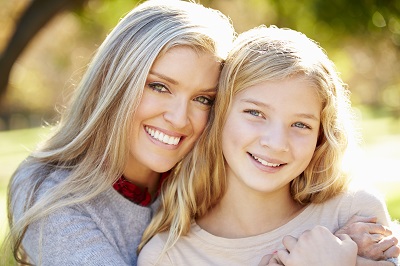
Glossary of Kid-Friendly Dental Terms
Dental visits can sometimes be intimidating for children, especially if they’ve had negative experiences in the past or if they’ve picked up on their parents’ dental anxieties. To ease their fears and make dental discussions more approachable, here are some kid-friendly terms you can incorporate at home:
1. Sleepy Juice or Magic Juice
Instead of Anesthetic Injection
At the dentist’s office, local anesthesia is often administered to ensure comfort during procedures. However, terms like “shot” or “injection” can sound scary to kids. Try referring to it as “magic juice” or “sleepy juice” instead. You can explain it by comparing it to the sensation of a hand or foot falling asleep temporarily, reassuring them that the numbing effect will wear off, leaving their smile magically strong and healthy again.
2. Whistle
Instead of Drill
The dental drill, with its buzzing sound, can be daunting for children. Instead of using the term “drill,” describe it as a “whistle” to make it less intimidating. You can liken it to other familiar noises like those of a train or party favor. Encourage your child to close their eyes and think of other things that make similar sounds to distract them during their appointment.
3. Sugar Spots
Instead of Cavities or Decay
The news of having a cavity can be unsettling for anyone, let alone a child. Rather than using clinical terms like “cavities” or “decay,” refer to them as “sugar spots.” This helps kids understand how the spots formed due to the accumulation of sugar that produces acid, without sounding alarming. It provides a more relatable and less intimidating way to discuss dental issues.
By incorporating these kid-friendly terms into your dental conversations at home, you can help alleviate your child’s fears and create a positive association with dental care.
